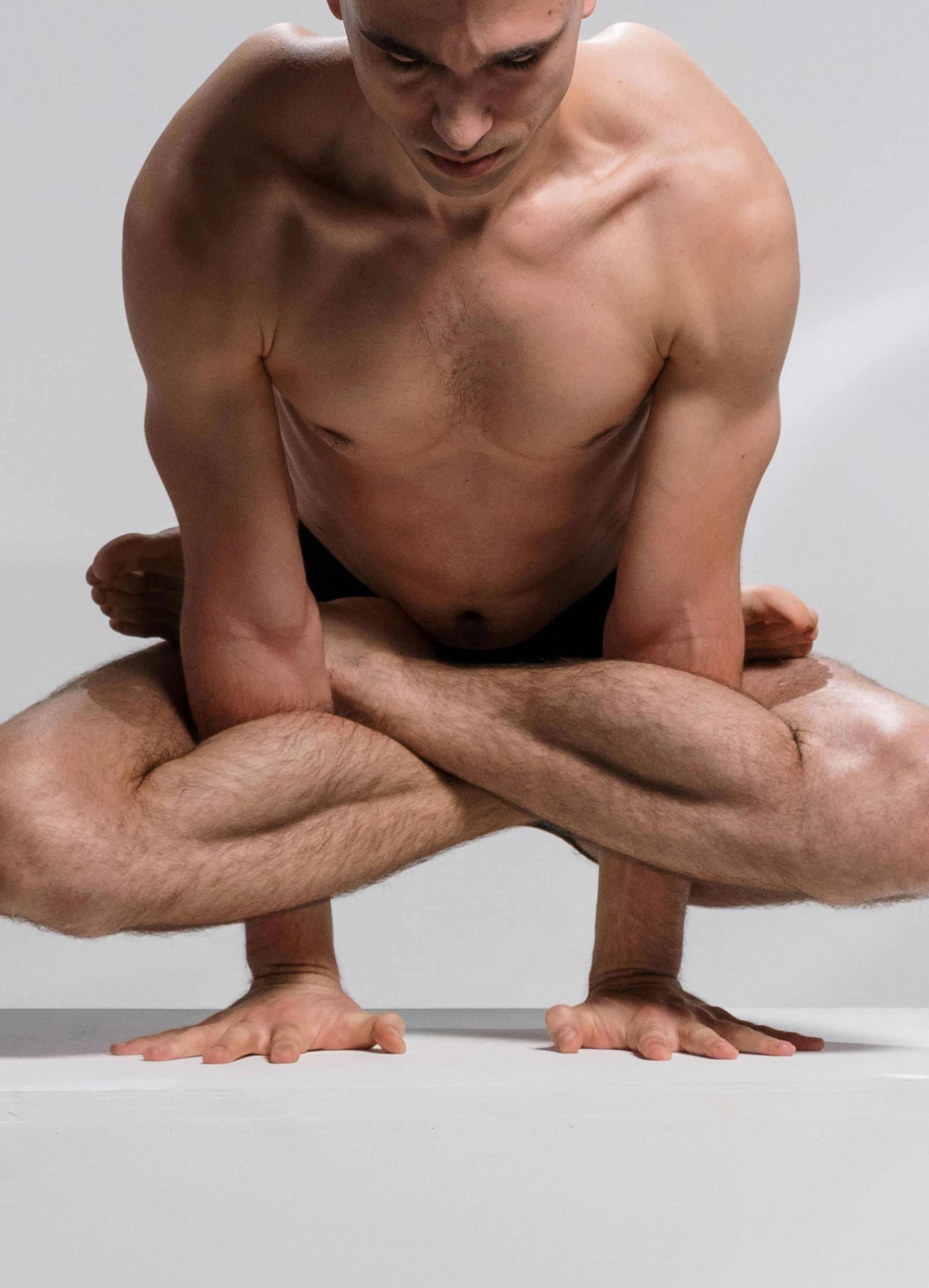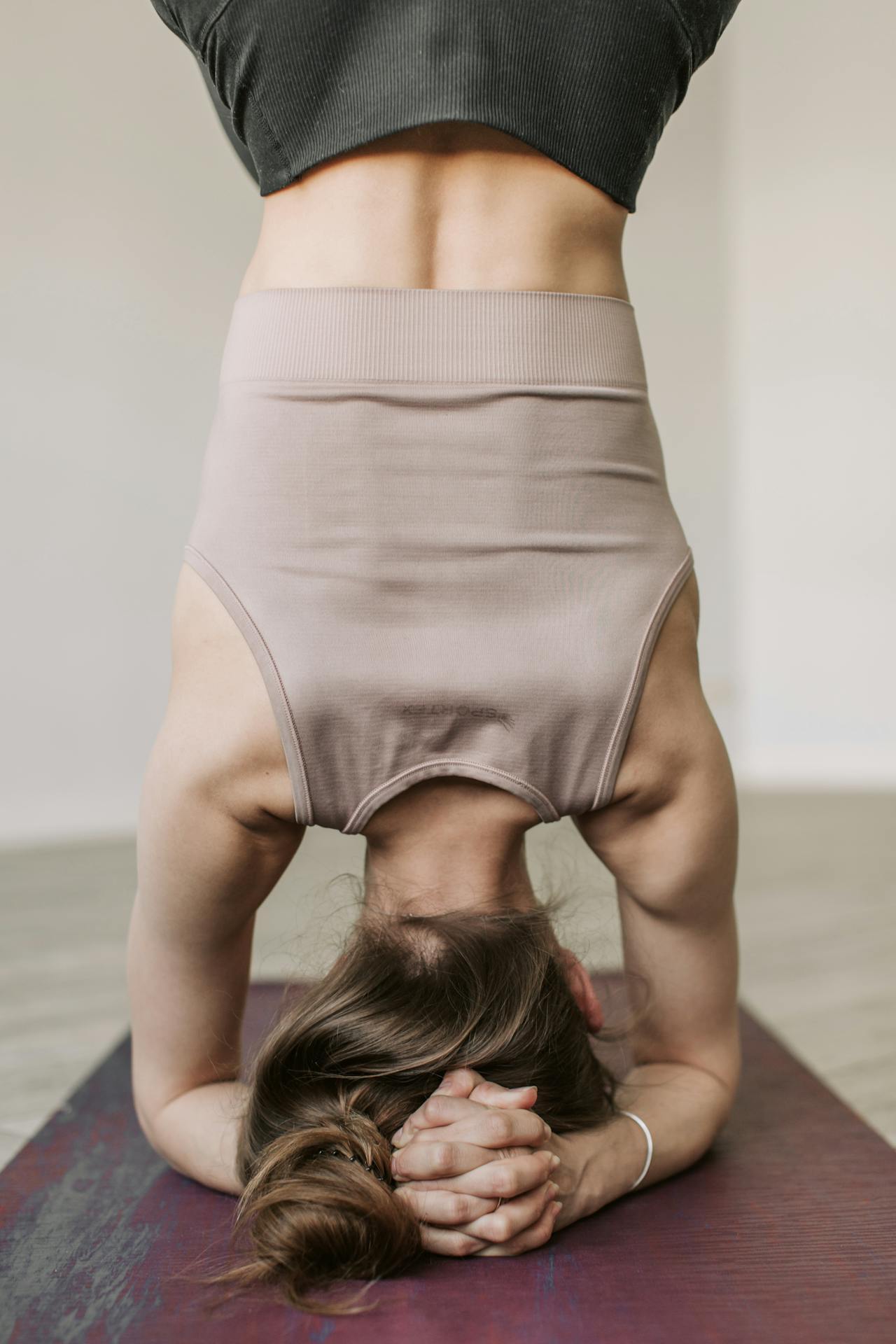Yoga Practice
Power Yoga
Power Yoga: A Dynamic Path to Fitness and Mindfulness
Power Yoga is a vigorous and fitness-based approach to vinyasa-style yoga, emphasizing strength, flexibility, and stamina. Unlike traditional yoga practices, Power Yoga focuses on a more dynamic and fast-paced flow, making it a popular choice for those seeking a high-energy workout.
Origins and Evolution
Power Yoga emerged in the United States in the 1990s, primarily through the efforts of yoga teachers Beryl Bender Birch and Bryan Kest. Drawing inspiration from Ashtanga Yoga, a structured and rigorous practice developed by K. Pattabhi Jois, Power Yoga was adapted to cater to Western preferences for fitness and athleticism. This style deviates from the fixed sequences of Ashtanga, allowing for more creativity and variety in classes.
Characteristics of Power Yoga
Power Yoga sessions are typically characterized by continuous movement and a focus on building internal heat. The practice incorporates a series of challenging poses, linked together with breathwork, to create a flowing sequence. Each class can vary widely, as instructors often design unique sequences that target different areas of the body.
Benefits of Power Yoga
1. Strength and Endurance: Power Yoga builds muscular strength and endurance through its challenging postures and transitions. Regular practice tones the entire body, particularly the core, arms, and legs.
2. Flexibility: The dynamic flow of poses helps improve flexibility and range of motion. Deep stretches and prolonged holds in poses facilitate greater flexibility over time.
3. Cardiovascular Fitness: The continuous movement and vigorous pace elevate the heart rate, providing an effective cardiovascular workout that can aid in weight management and overall heart health.
4. Mental Focus and Stress Relief: Like other forms of yoga, Power Yoga emphasizes mindfulness and breath control. The intense physical exertion combined with focused breathing helps reduce stress and increase mental clarity.
Accessibility and Adaptability
While Power Yoga is physically demanding, it can be adapted to suit different fitness levels. Instructors often offer modifications and variations to accommodate beginners and advanced practitioners alike. This flexibility makes Power Yoga accessible to a broad audience, from fitness enthusiasts to those new to yoga.
Conclusion
Power Yoga offers a robust and dynamic approach to fitness and mindfulness. Its emphasis on strength, flexibility, and cardiovascular health makes it an ideal choice for those looking to enhance their physical fitness while enjoying the mental benefits of a focused yoga practice. Whether you seek a vigorous workout or a means to relieve stress, Power Yoga provides a comprehensive path to achieving your wellness goals.


